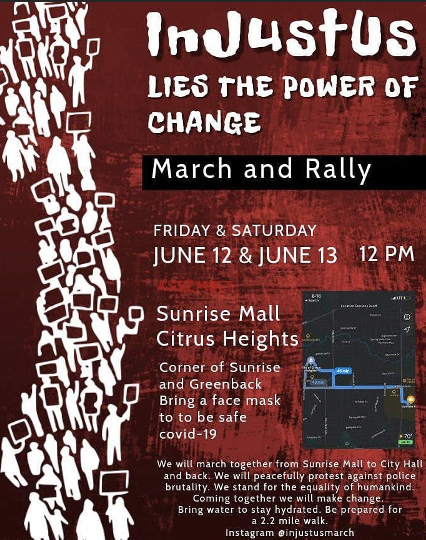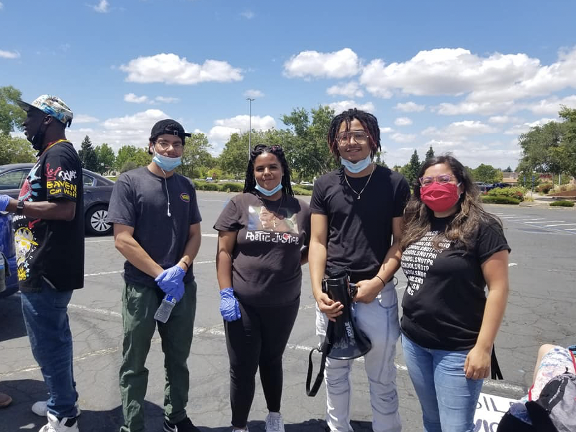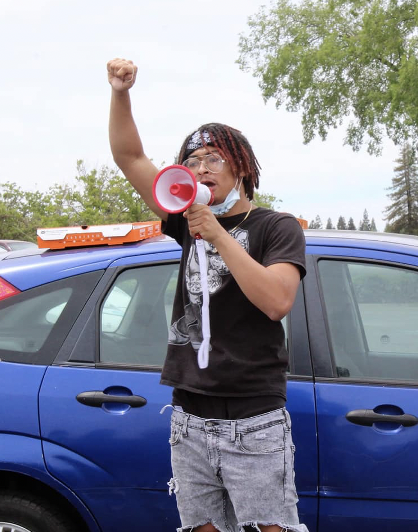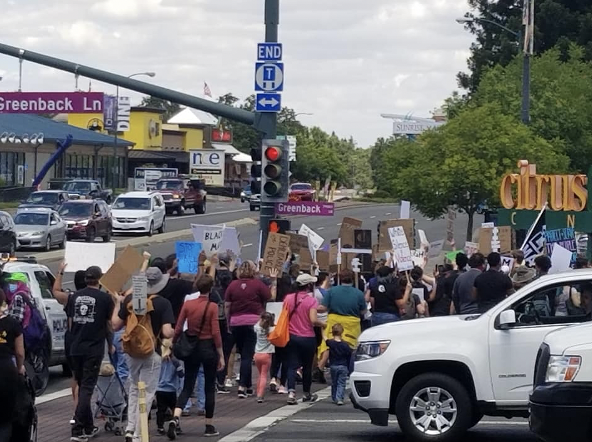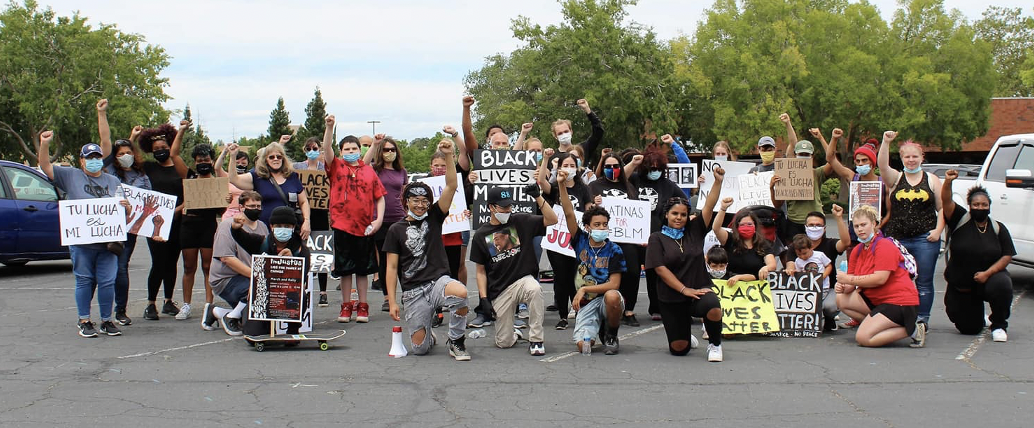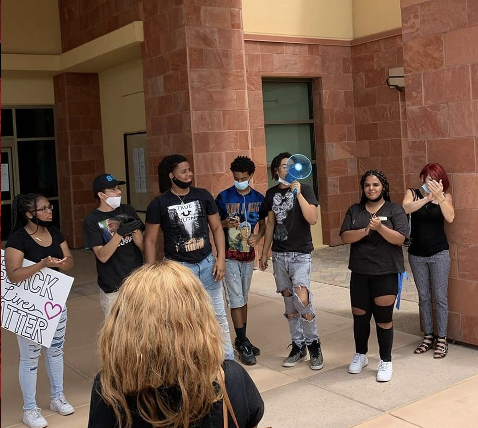Ethnic Studies Beyond the Classroom
by Estabaliz Sanchez
Teaching students Ethnic Studies during their freshman year has allowed me to see the growth and impact the class can make in only four short years For some students, I see a transformation in their advocacy and leadership in right away, but for others I see it evolve over time. Both outcomes bring me so much joy! I have the amazing privilege seeing their growth as community leaders. What is most impactful is that I see how Ethnic Studies can create leadership in students beyond the classroom. I would like to share some of the ways our school site has been transformed since the implementation of Ethnic Studies at our site.
The final project in Ethnic Studies is the Youth Participatory Action Research Plan (YPAR). Students use their knowledge learned in Ethnic Studies to see how they can enact change in our school site. Student research, collect data, and interview staff and students based on their research topic. Some of these research questions are shown in the picture below:
These YPARs have resulted in true systemic change at our school site. For example, we invited a panel of Black students to speak their truth during a staff professional development about their experiences in the school and some of the injustices they face. This was a big wake-up call for our staff which inspired the push-in model led by our intervention team. We have made our AVID program geared towards enacting supports for our first-generation college students coming out of our program. We found what we’ve always believed and that is that representation matters. Students deserve and now have AVID teachers that look like them with similar college experiences and challenges. In addition, three AVID seniors advocated for HBCUs to be represented in our AVID program. Not only did they also apply themselves, but they are all currently attending HBCUs.
In summer of 2020, two students, Jordon Modkins and Asia Morris, led a Black Lives Matter march in Citrus Heights after seeing that there was a lack of support from the community after the death of George Floyd. Both students were interviewed by our school district, San Juan Unified. One of the leaders noted that her interest in advocacy was rooted in our Ethnic Studies class. The student activists asked another colleague and me to assist in the logistics of the march, but to their excitement, many other staff members supported with resources and marched as well. In fact, dozens of students, parents, community members, and teachers showed up to support our students and the movement. You can watch the video here.
In my 5 years of teaching this course, I have grown as an educator and human being. There are so many more examples of the impact of Ethnic Studies at our site that I could go on and on! From the in-class discussions we have where students share their experiences and draw connections, to the content in class, to seeing students working on their YPAR projects knowing that they will have their voice heard at our site. I have had the amazing opportunity to hear the narrative and experiences our students bring into the class and also see how they begin to see the world around them. They see the humanity in each other and also validate their experiences. My main goal for the course has been to build empathy and action-oriented work to change our community. Our students continue to meet that standard year after year. Their resilience turns into advocacy and their advocacy into inspiration for others. And now, even with the most challenging years we have faced as educators, the work continues. Ethnic Studies will continue to impact beyond the classroom and into our site and communities. Our students will be agents of change wherever they go. Ethnic Studies truly is transformative work.
ABOUT THE AUTHOR
Estibaliz Sanchez, Ethnic Studies & AVID I | AP Psychology; AVID coordinator/AVID Club; Educational Leaders Club; LGBTQ+ Club; Latino Dreams Club; STEAMS club; San Juan High School


